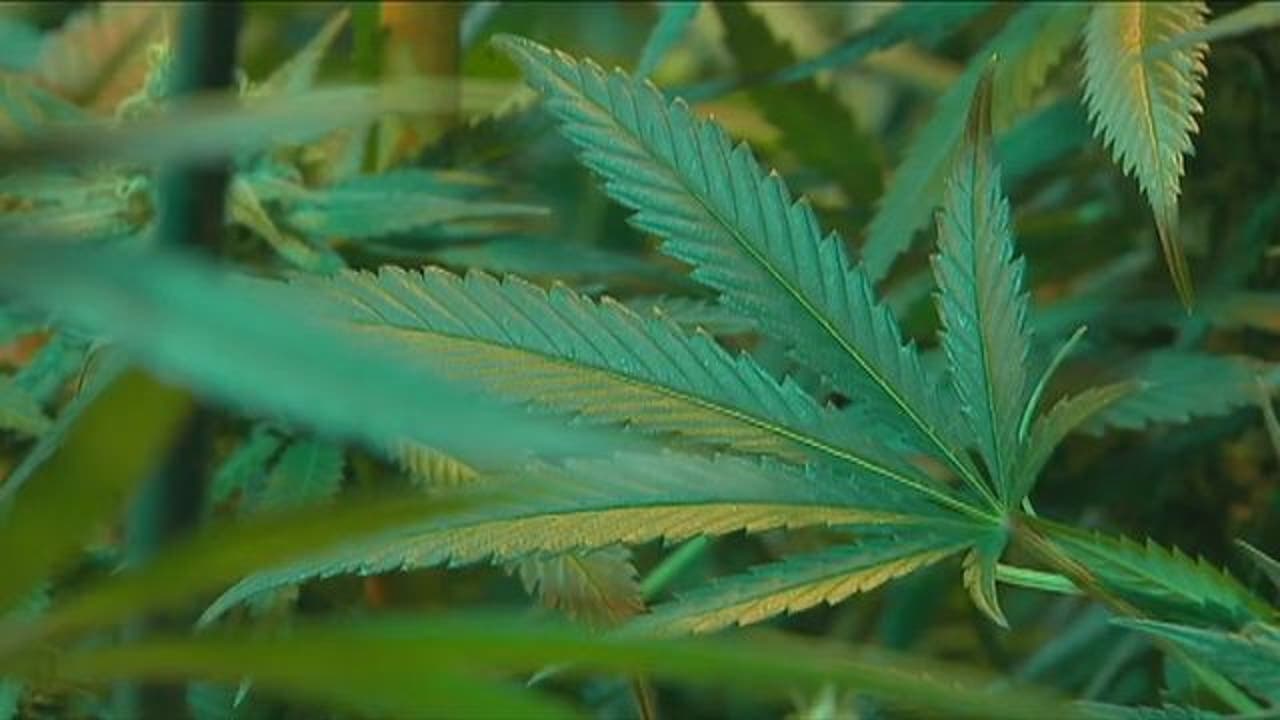[[{“value”:”
WASHINGTON – A federal spending bill that passed out of a U.S. House committee on Monday would look to close a loophole that allowed the sale of THC products in states like Texas.
If approved, the federal bill would create a task force to address hemp-derived products that have grown into a multi-billion dollar industry since 2018.
Federal Hemp-Derivative Task Force
Big picture view:
The House Appropriations Committee approved the Fiscal Year 2026 Agriculture, Rural Development, Food and Drug Administration, and Related Agencies Appropriations Act in a 35-27 vote on Monday. In part, the act would establish a Quantifiable Limits Task Force to regulate hemp-derived THC products with FDA restrictions.
In a committee report on the bill, they say the goal of the task force would be to close the “hemp loophole” that was opened in 2018 by the Agriculture Improvements Act, which reclassified hemp and allowed it to be grown industrially. Since then, hemp-derived THC products with psychoactive properties have flooded the market in numerous states, including Texas.
The committee report takes aim at the unregulated nature of the THC products, which it notes are being sold online and in gas stations nationally.
The measure would change the federal definition of hemp, including delta-8 THC, smokable hemp flower and other intoxicating products.
What they’re saying:
“As many States have stepped in to curb these dangerous products from reaching consumers, particularly children, it’s time for Congress to act to close this loophole while protecting the industrial hemp industry. Reports that the included language would destroy legitimate businesses are simply not true – and that is clear to anyone closely reading the carefully drafted language that threaded the needle,” said Rep. Andy Harris (R-Maryland) in his remarks to committee earlier this month.
THC in Texas
The backstory:
As a result of the 2018 U.S. Farm Bill, Texas passed a state version of the legislation in 2019, legalizing hemp and spawning an industry generating what the Texas Cannabis Policy Center estimates at $5.5 to $8 billion in annual sales and supporting over 8,000 licensed retailers.
Senate Bill 3, championed by Lt. Gov. Dan Patrick all the way to Abbott’s desk in the 2025 session, would have banned THC consumables and imposed increased punishments for their sale and possession. Abbott vetoed the bill on Sunday night.
In his veto, Abbott raised concerns that the bill would put Texas out of step with federal regulations.
Since the veto, Patrick initially responded with condemnation of Abbott’s decision, saying the governor must support legalization of recreational marijuana. Abbott responded that he merely wishes to fix the bill before signing it, opting for increased regulation rather than an outright ban that he believes would face swift legal opposition. Patrick has since voiced his renewed support of the governor’s wishes.
Next Steps for THC Regulation
What’s next:
If the Appropriations Committee’s spending bill is passed in its current state, the FDA’s new task force would be required to provide recommendations for THC regulation and safety within 180 days, with final recommendations due within one year.
The bill now goes before the full US for a potential vote. If passed, it would then go to the Senate.
Texas will begin a special session of the legislature on July 21, largely with the goal of reworking Senate Bill 3 to regulate THC products with the goal of preventing sale to children and avoiding legal troubles with the proposal.
If Senate Bill 3 is passed, it will go into effect on Sept. 1.
The Source: Information in this report comes from the U.S. House Appropriations Committee and previous FOX reporting.
“}]] A federal spending bill that passed out of a U.S. House committee on Monday would look to close a loophole that allowed the sale of THC products in states like Texas. Read More


